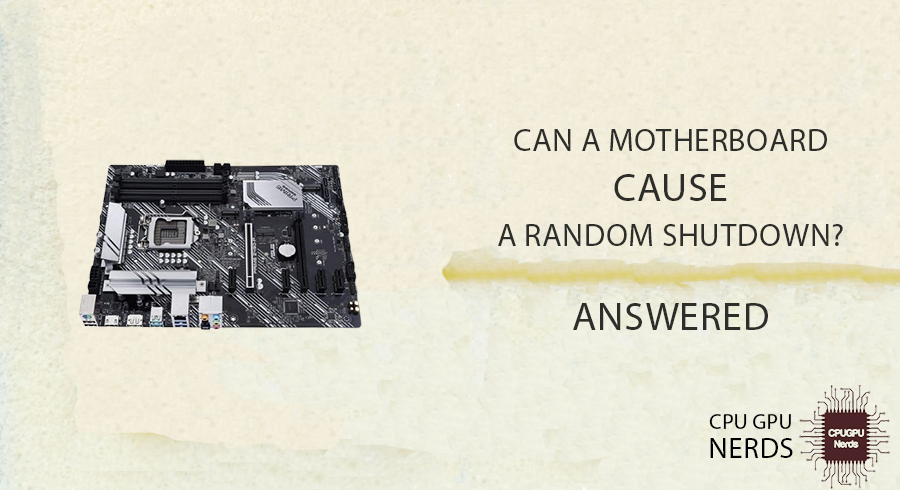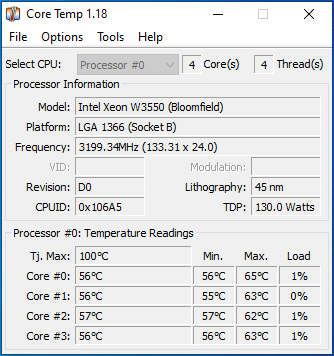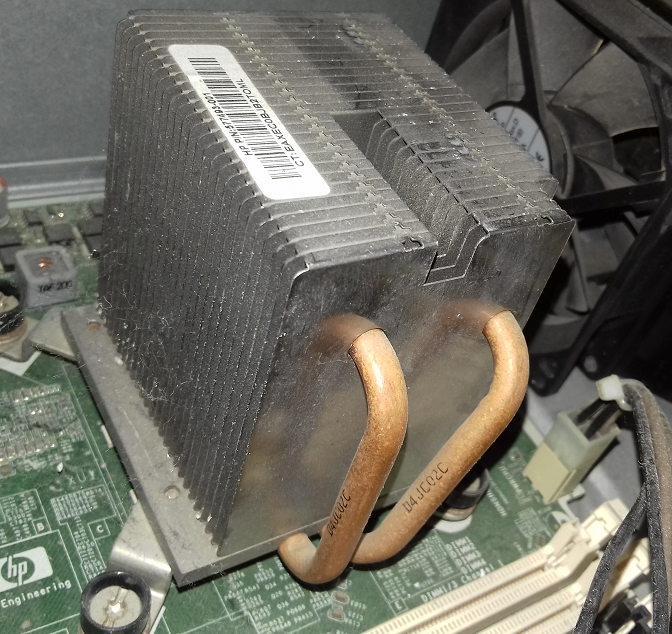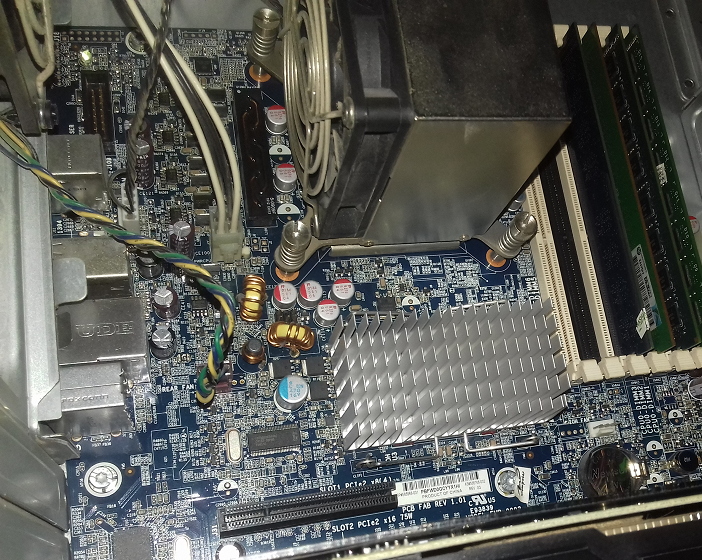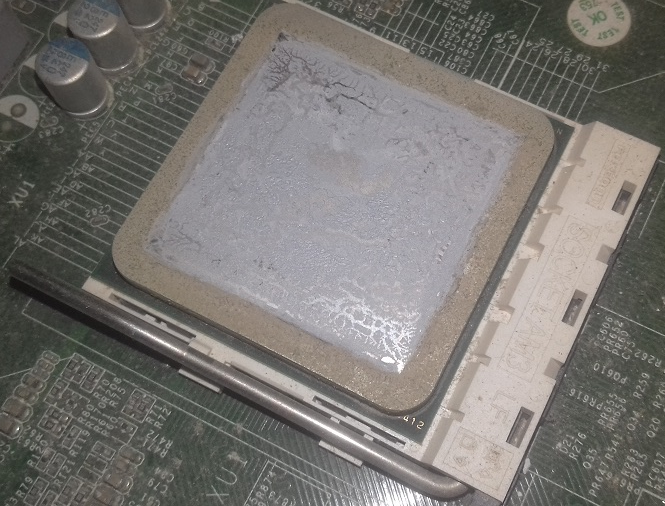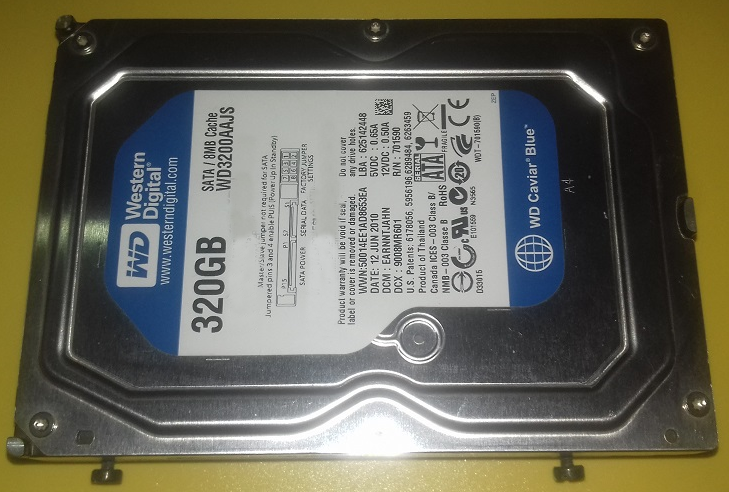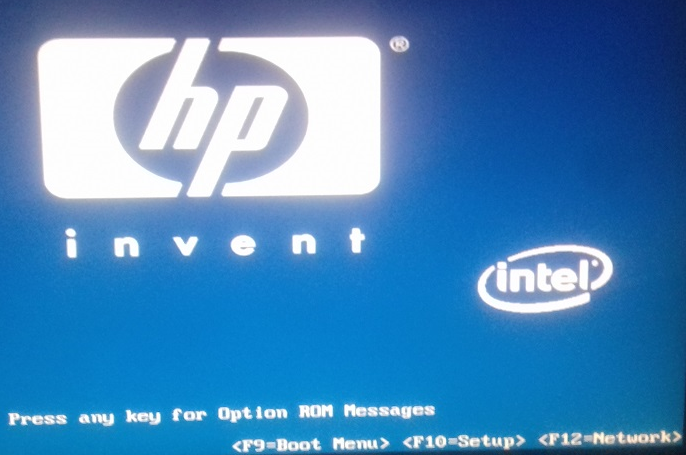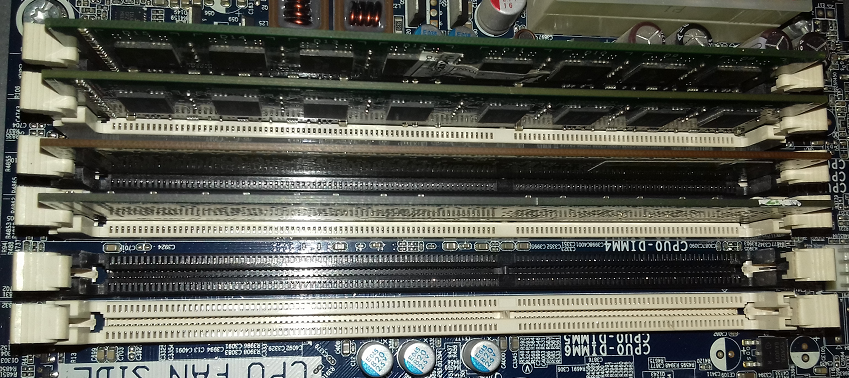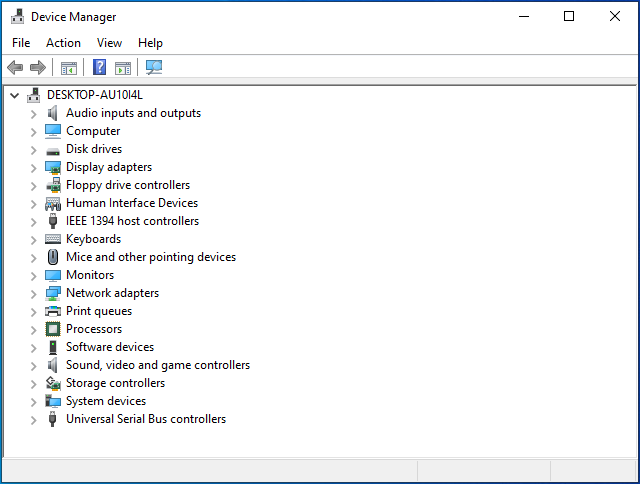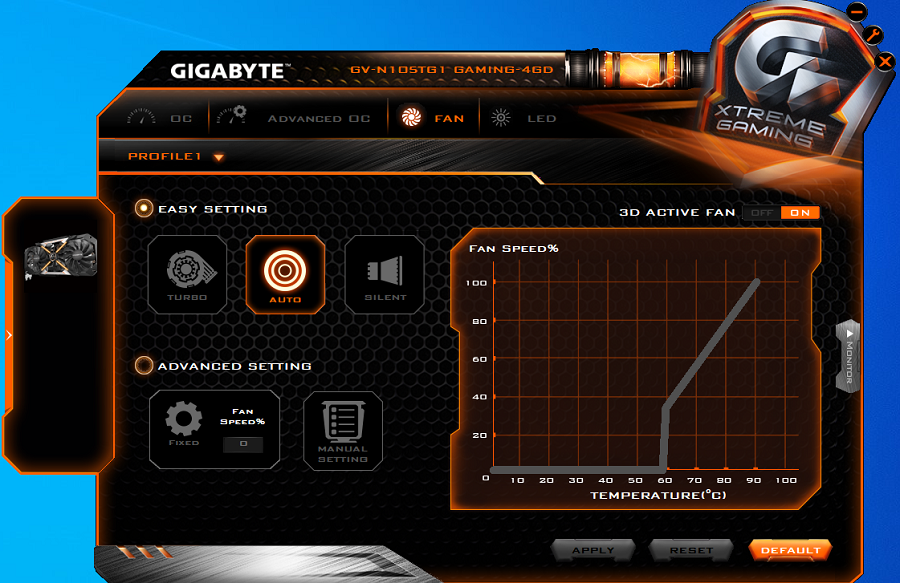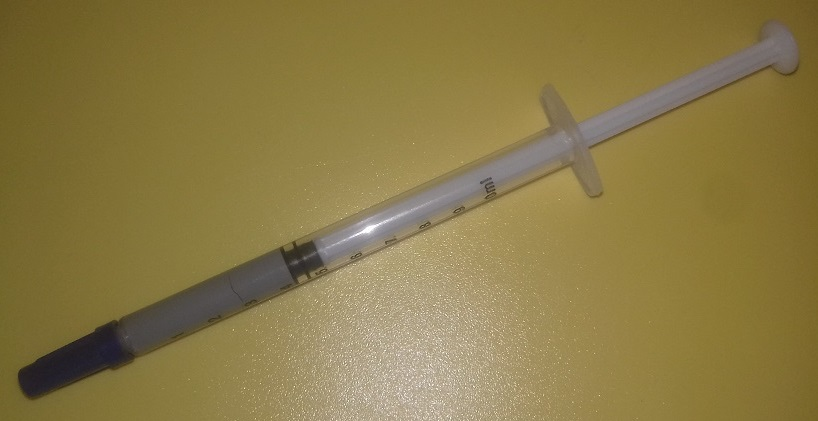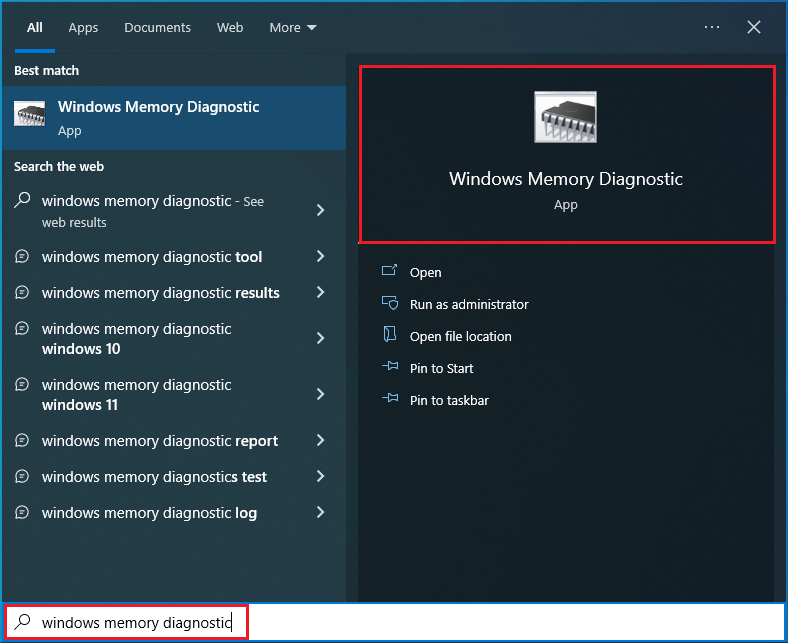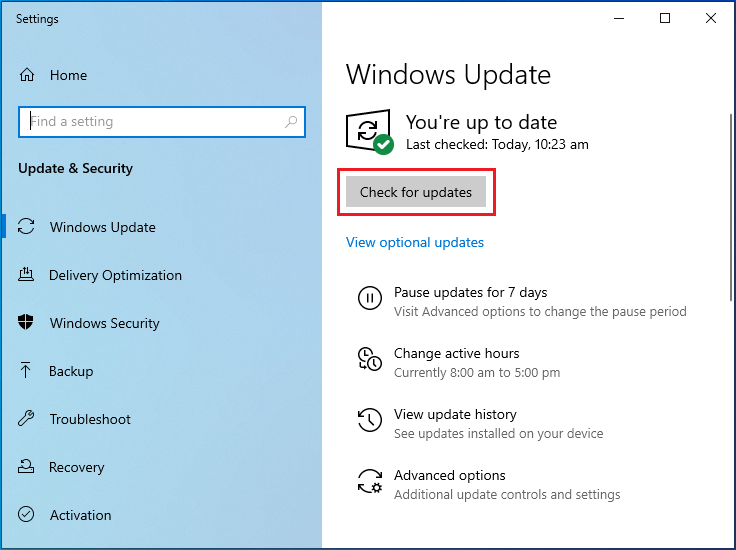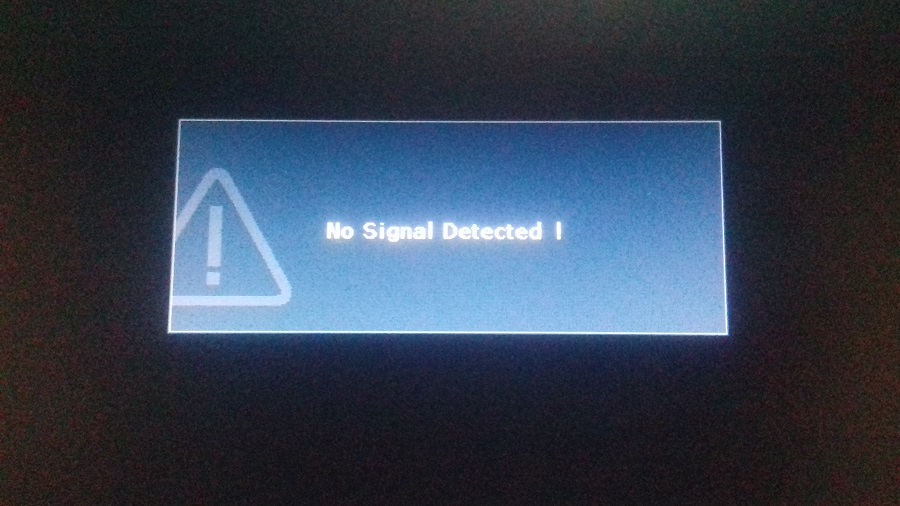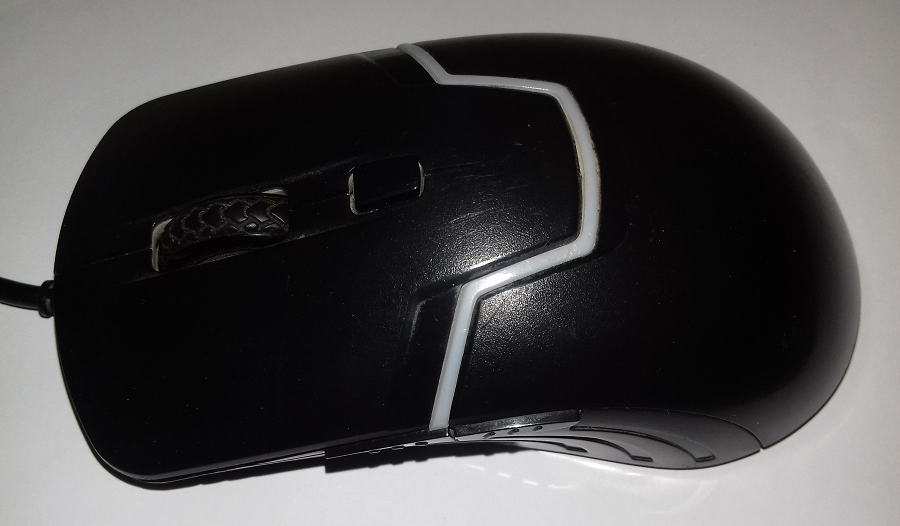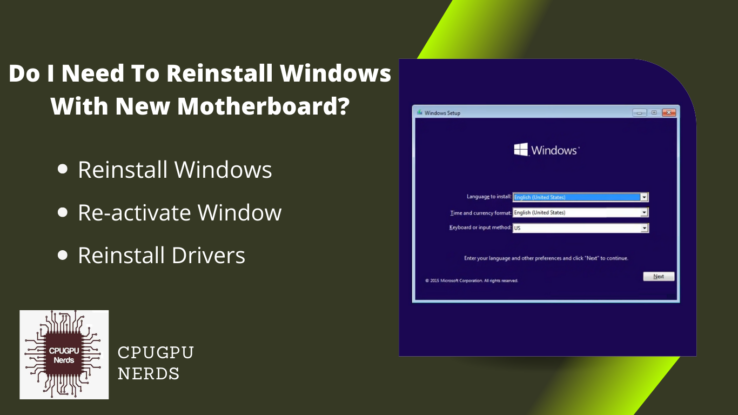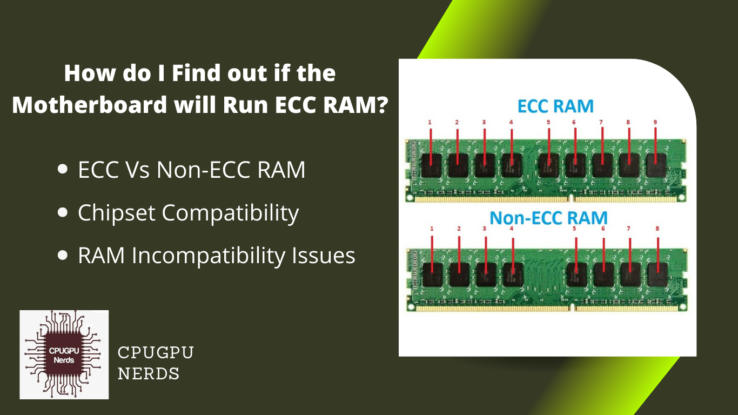A motherboard considered the backbone of your computer system as it connects all the hardware components.
CPU, GPU, RAM, keyboard, mouse, controllers, display monitors, headset, etc., are connected to the computer motherboard. The USB and other ports in the front and back of your PC or laptop are part of its motherboard. The other slots are hidden inside the case of your computer system.
Healthy computer hardware causes no problems, but a faulty motherboard can cause many problems. In the worst cases, your computer does not turn on at all. This article discusses “Can a motherboard cause random shutdown?” Not only that, but we will also discuss the factors causing you to experience this issue.
Can a Motherboard Cause a Random Shutdown?
A faulty motherboard can cause this problem. But an overheating computer processor also causes your PC to shut down to protect its CPU from burning out. The third culprit of such computer shutdowns can be the outdated or faulty BIOS. Malfunctioning RAMs or corrupt device drivers can also cause this issue.
Overheating Computer Processor
Nearly all computer processors have an amazing built-in mechanism for shutting themselves down in case of overheating. CPUs generate enormous amounts of heat during processing data and program instructions. For dissipating this heat, they have a CPU cooler with a heatsink and at least one fan installed on it.
This cooler fails to cool down your CPU. As a result, you start experiencing sudden shutdowns without any proper warnings. It is a built-in mechanism to prevent your computer processor from burning out in case of overheating. But the sudden shutdown is dangerous for most of your hardware, especially HDD.
A poor CPU cooler, slow spinning case fans, layers of dust on the CPU cooler’s heatsink, high room temperatures, expired thermal paste, a frying computer processor, etc., can be the reasons behind this problem. Such frequent shutdowns can also easily corrupt your operating system if not resolved properly.
Dusty or Clogged Cooler
The responsibility of a cooler is to keep your CPU and GPU as cool as possible, as both of these pieces of hardware are notorious for generating enormous amounts of heat. Advanced coolers fail to cool down your computer hardware when their pump becomes slow or out of order.
The responsibility of this pump is to keep the liquid moving inside the tubes so the heat can be dissipated through the radiator. But in case of such a faulty pump, the heat stucks inside and hardly travels from the CPU’s heatsink to the radiator. As a result, it started overheating, causing sudden shutdowns.
The layers of dust on a CPU or GPU cooler are very dangerous as they act as insulators. It does not let the heat dissipate into the air, especially when resting on the heatsink or radiator. As a result, the heat traps inside the hardware and gets added to the newly generated heat.
Faulty or Short Motherboard
The motherboard is the most important hardware inside any computer. All the devices we use are installed on it. The firmware that initializes these devices and loads the operating system in RAM is also on it. If your motherboard is malfunctioning, it can cause your computer to shut down.
The motherboard is a very complex piece of hardware. That is why finding and resolving its issue requires much technical knowledge and expensive testing devices. Most computer motherboards are so sensitive that installed electronic components become out of order only because of an ESD.
Dust is an enemy for all the electronic components, especially when you live in an area which has more humidity. The moist and the dust contain salts and minerals which can easily pass electric current. Hence, dust layer on your motherboard causes a short circuit after absorbing the moisture.
Expired Thermal Paste
Thermal paste is very important in cooling down your hardware, especially the CPU and GPU. It is a highly conductive paste between the processor’s DIE and the cooler’s heatsink. It expires after a certain time, usually calculated in years. Extreme use dries it out quickly.
In this case, it stops transferring heat, and your vital computer hardware becomes overheated. Nearly all computers have sensors to detect overheating hardware. When the temperature of such hardware rises above a certain limit, your computer system shuts down to protect it from burning out.
Failing Hard Disk Drive
HDDs are an older and less reliable form of storage device. They can easily become corrupted for several reasons, such as sudden power cuts, power surges, low voltage, physical shocks, etc. Such a hard disk drive can cause you to experience such an issue, especially when the OS is installed.
Hard Disk Drives are also known as HDDs. They are a crucial part of a computer system as they store the operating system and your precious data, application software, and other tools. It is impossible to make a computer functional without storage like a hard disk drive.
Outdated or Faulty UEFI/BIOS
UEFI/BIOS is not only responsible for making your hardware devices functional, but it is also responsible for loading your operating system so your computer can start properly and you can use it. It is present on your computer’s motherboard as firmware, which is nothing but software on an IC chip.
An outdated or faulty UEFI/BIOS fails to complete its main responsibilities, and your computer keeps shutting down without properly starting. The main reason is your BIOS’s failure to initialize your hardware and load your operating system, such as Windows 10/11. In this case, fixing it becomes essential.
Malfunctioning Memory Module
RAMs are vital primary computer hardware, just like CPU and storage devices. A computer can never run at all without at least one memory module installed in it. It is because the operating system, apps, and games that your CPU runs are stored in it. That is why RAM is very important to make a computer useful.
Old and overused memory modules become out of order, especially those under extreme use. Such RAMs are at the edge of burning out. Hence, they cause such problems of shutting down your computer, especially when your operating system is stored in them for execution. Removing such hardware is necessary.
Corrupt Device Drivers or Operating Systems
Device drivers are very important for making our computer hardware functional. Hence, corrupt drivers can easily cause different problems just like the one you are experiencing. As they are part of your operating system, your OS may also be corrupt. Fixing drives takes less time than fixing OS.
How To Fix Your Motherboard Causing Random Shutdown?
Keep your computer hardware as cool as possible to avoid such shutdowns. Clean and repair your CPU and GPU cooler. Replace the thermal paste if it has dried out or expired. Replace the current motherboard with a new one if it cannot be fixed. Update your UEFI/BIOS if it is outdated and causing such problems.
Install an SSD or NVMe if your hard disk drive is the culprit, as it can easily become out of order and cause such problems. The faulty memory module can also cause the same issue. The only way to eliminate this issue is to remove such RAM and install a new one. Update your computer’s device drivers.
But if the issue is consistent, then reinstall your operating system. As long as your motherboard is blinking red LED, there is hope it will get repaired. You can also get it repaired for free if its warranty is not void yet. But if your motherboard is dead, you must buy a new one.
Cool Down Your Computer Processor
Installing an advanced CPU cooler is the best way to keep your computer hardware cool. Such coolers are 30 times faster than the traditional ones. They are strongly recommended with the more powerful CPUs that generate much heat. Install a fan speed controller app so you can keep your hardware cool.
Drop down your room’s temperature by insulating it and installing an air cooler. Install high-speed computer case fans so the heat should not get stuck inside the case and overheat your computer hardware, causing such annoying shutdowns. Move any heat-generating devices away from your computer to protect it.
Clean & Repair Your Cooler
Use a blower and brush to clean the dusty parts of your cooler so it can work properly. Don’t forget to remove dust from your motherboard and other hardware installed on it. Do not turn on your computer until you get your cooler repaired; it can easily fry your hardware within minutes.
Change Thermal Paste
The thermal paste dries out because of excessive use. It can also expire within 2 to 7 years. As a result, your computer hardware starts to become overheated. Changing such a paste is crucial as it will never transfer heat from your processor to the heatsink. And you do not need more knowledge for this.
Thermal paste is available in the market as injections or boxes. One small injection is enough for a couple of processors. Unplug your PC when applying thermal paste to protect yourself from electric shock. Next, open the cooler and remove the old paste using an alcohol swab and apply the new one.
Replace Your PC Motherboard
Claim the warranty of your computer if it is not void. It will save you a significant amount of money. Secondly, try to get your current motherboard repaired. If none works, you must buy a new motherboard for your computer. Try to get better and faster hardware that will upgrade your computer.
Change Your HDD with a Better Storage Device
HDDs are an older and slower form of storage devices. They easily become faulty, especially because of unstable power supply or sudden power cuts. Using such hardware in areas with load-shedding problems is not a good decision. You must install an SSD or NVMe on your computer as they are reliable.
Hard disk drives have mechanical parts: motor, platters, and head. They can easily become out of order, especially when your HDD suffers a physical shock. On the other hand, SSDs and NVMes are solid-state electronic components. They can survive sudden power cuts and even a fall.
Get Your Motherboard’s UEFI/BIOS Updated
You can use another computer to download your motherboard’s UEFI/BIOS in a USB flash drive to update it. Just ensure that you download it from the official website. The version must match the model of your motherboard. To check this, open the “Start Menu” and type “System Information.”
Open the app with the same name, containing all the information about your computer’s motherboard. By selecting “System Summary” in the list on your left-hand side, you can access your BIOS model and version information, etc. Ensure to update or install the most compatible UEFI/BIOS.
Detect & Remove The Faulty RAM
A faulty memory module will never let your computer start normally. For this, you can use the “Windows Memory Diagnostic” app. On opening, it will demand you to restart your computer. After this, it will scan all of your memory modules for faults. On the startup, it will tell you about the faulty RAM.
Update Drivers or Reinstall The Operating System
First, try updating Windows, as there is a chance that it might solve your issue regarding the device drivers. Open the “Start Menu” and type “Check for updates.” It will open the UI that will allow you to update your OS. If the problem is consistent, consider reinstalling your operating system.
What Are Two Possible Symptoms of a Faulty Motherboard?
The first symptom is the blacked-out screen. At the same time, you hear beeps coming out of your PC. The beeps are continuous and repeat their pattern after some time. Secondly, your computer’s power LED turns red and starts blinking. Mostly, its blinking is synchronized with the error indicating beeps.
If you are lucky, you see an error message on your computer screen. Thirdly, your operating system does not load and start at all. Your computer restarts right when it is time for your operating system, such as Windows 10/11, to start, and it keeps doing it until you switch it off. It fails to start your OS.
Fourthly, the ports and motherboard slots become disabled. As a result, it cannot detect any RAM or graphics card. RAM is necessary for your computer to start properly because it stores your OS, apps, and games. The GPU is responsible for providing a display, but its disabled slot prevents it from doing this.
Similarly, disabled ports do not let your BIOS detect and initialize your keyboard, mouse, and other devices connected to your computer through USB ports. Simply put, all the hardware and devices connected to such a motherboard become disabled. There is no way for such a computer to turn on and work properly.
How Do I Know If My Motherboard Is Bad?
A bad motherboard gives out a beeping sound synchronized with red blinking LED light present on its power button. It keeps restarting instead of starting the operating system, such as Windows 10/11. You cannot use your keyboard and mouse as they cannot initialize your computer hardware and devices.
A dead motherboard never turns on. It has no light and makes no beeping sound even after you press the power button. It can also not turn on the hardware and devices connected to it. If your motherboard is dead, then you will have to buy a new one, as it is impossible to fix it now.
The motherboard is the piece of hardware that makes your computer a computer. It connects all your hardware and devices, such as keyboard, mouse, display monitor, CPU, RAM, GPU, etc. That is why computer manufacturers build it as the toughest hardware. But despite that, it becomes faulty and out of order.
Conclusion
A faulty motherboard can cause your computer to shut down repeatedly without proper warnings. All your computer devices, such as CPU, GPU, RAM, keyboard, mouse, etc., are connected to this hardware. When it starts malfunctioning, it becomes hard for your PC to keep awake and work properly.
Possible options for you are getting it fixed or replacing it with a new one. An overheated CPU can also cause your computer to shut down. It does so to protect your processor from burning out because of overheating. Installing an advanced CPU cooler is the best option for users having a powerful processor.
Outdated or corrupt UEFI/BIOS can also cause this issue. You can easily solve it by updating it. Just ensure to install the compatible version for your motherboard’s model. Malfunctioning memory modules can also cause sudden shutdowns, especially when they contain your computer’s operating system.
Removing or replacing such RAMs is necessary. Similarly, a faulty hard disk drive also causes this problem, especially when the operating system is installed. SSDs and NVMes are the best storage devices for the latest computers. Clean your CPU cooler, as it might be dusty and cause overheating.
Fix it if it is clogged or it has stopped working. Otherwise it will burn out your precious and expensive hardware. A faulty motherboard has a blinking red light synchronized with an annoying sharp beeping sound. But a dead motherboard has no lights as neither it turns on nor it powers up the hardware.

Hey, I’m Hammad. I write for this website to help you with the IT advice about PC, RAM, CPU, Motherboard, PSU, and other PC components.
I will provide detailed guides with images, and explain step by step so you can understand the process. Check all my articles here.

